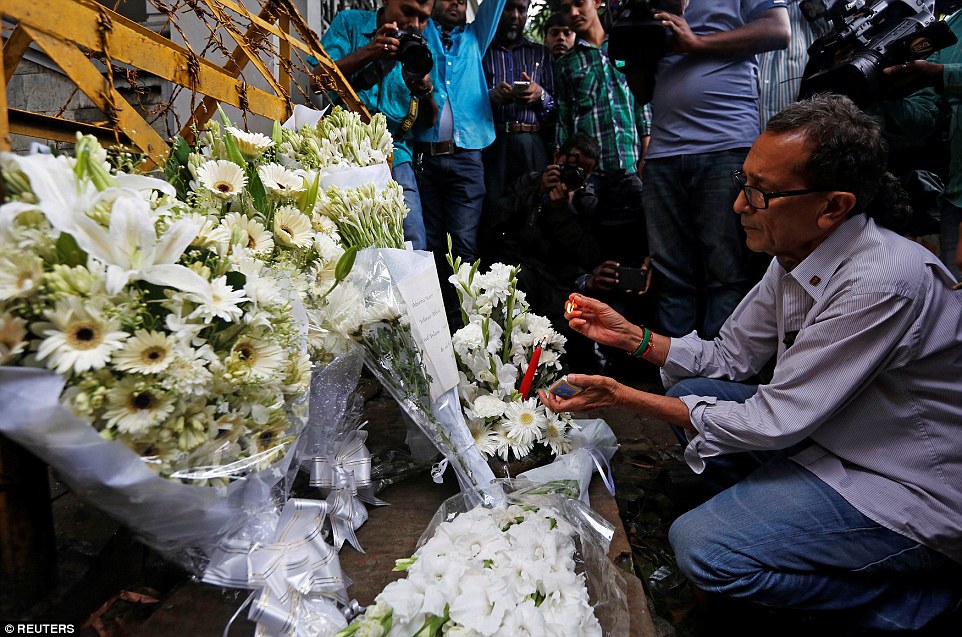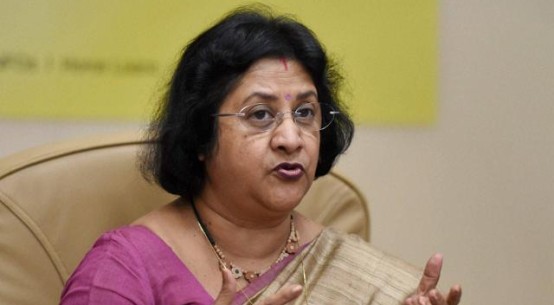
As the identity of the men who attacked the Dhaka restaurant on recently emerged, Bangladesh’s elite were shocked. The young men belonged to affluent families, with parents who worked in business and politics. They had studied in some of the country’s top schools. Some had even gone to higher educational institutions abroad – from Malaysia to Australia. But their background should not have surprised anyone. These young men do not constitute an aberration, but only confirm a wider trend. A glance at Islamist violence over the past 15 years shows that class and political radicalization do not have any clear link.
The attraction of violence
Osama bin Laden is the most obvious example. Born to a billionaire construction magnate with close ties to the Saudi royal family, Osama went to the most prestigious high school in Jeddah. Steve Coll, author of an authoritative biography of the Bin Ladens, notes that it was here that Osama joined an Islamic study group and learnt his first lessons in jihad. Osama, of course, went on to participate in the Afghan jihad, set up al Qaeda, and alter global politics. His successor, and the current leader of al Qaeda, Ayman al-Zawahiri, is a doctor. He comes from an upper middle class family in Egypt – his paternal side had many doctors and scholars; his maternal side was both politically active and wealthy. He studied medicine from Cairo University, and even worked as a surgeon in the Egyptian Army for three years.
Take a man Osama inspired. Mohammed Atta hijacked an American Airlines flight and crashed it into the World Trade Centre Tower on 9/11. His father was a lawyer and his mother came from a wealthy trading and farming family. Atta had studied architecture at Cairo University and then pursued an academic program in urban planning in Germany.
Or examine the case of Anwar-al-Awlaqi. A Yemeni-American preacher, he became a key motivator and recruiter, as well as planner, for al Qaeda. He was eventually killed in a US drone attack in 2011. But his background would never have given a clue into what his life was to become. His father was a Fulbright scholar, who received a PhD from University of Nebraska and served as the agriculture minister of Yemen. Al-Awalqi himself got a degree in civil engineering from an American university.
David Headley is a more familiar name in India, given his involvement in the 26/11 attacks. Guess his background. His father was a well-known Pakistani diplomat and broadcaster; Headley’s brother went on to serve as the spokesperson of a Pakistani prime minister. He grew up in Pakistan, but returned to the US when he was 17 and ran a bar with his mother in Philadelphia. No one perhaps symbolizes terrorism today as starkly as the leader of the Islamic State (IS), Abu Bakr al-Baghdadi. His background is sketchy, but he is reported to have a doctorate from a university in Baghdad.
The IS lure
IS has attracted thousands of foreign fighters in Syria. They have participated in killings; they have carried out suicide missions; they have fought for military bases and oil fields. Class again is not a factor in determining choices. The most prominent of these foreign militants was Mohammed Emwazi, also known as ‘Jihadi John’ – who came be associated with the beheadings of many hostages. Emwazi’s family moved to UK when he was six. He went on to study information systems and business management at the University of Westminster, before getting radicalized. He was eventually killed in a drone strike at the end of 2015. But there are others too. Nasser Muthana, a Welshman, had four medical school offers; Muhammad Hamidur Rahman, a British fighter, was the son of a restaurant-owner and worked in a retail shop. One of the executive director of the Institute for Conflict Management and an expert on radicalization, says it is a persistent myth that poverty causes terrorism. “We have seen this in all armed movements in history. We have seen this across the world – from US and Europe to Iraq and Syria and now Bangladesh. The leadership, in particular, comes from affluent and well settled backgrounds.” But there is also a proliferation of the educated, affluent foot-soldiers, willing to kill and willing to die. He adds that while ideology may be the cover, the violence attracts the more psychologically deviant and extreme, where class is not a factor. “In another age, they may have been members of criminal gangs. Now, they get attracted to the glory, the heroism, the drama, the fame of terrorist violence.” It is not money and education – or the lack of it – that have determined the choices of men taking to terrorism. Bangladesh is yet another reminder that the phenomenon requires far more complex explanations.



